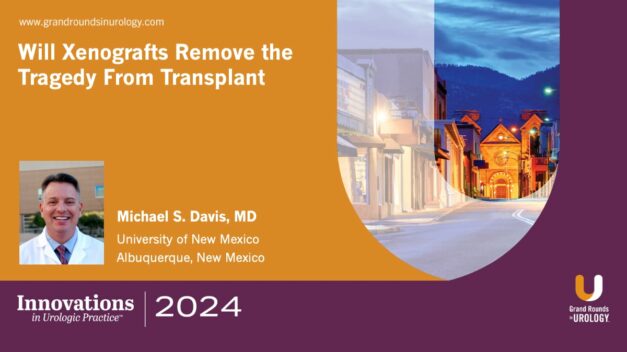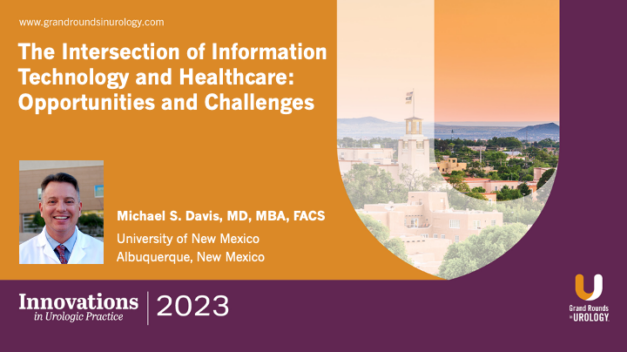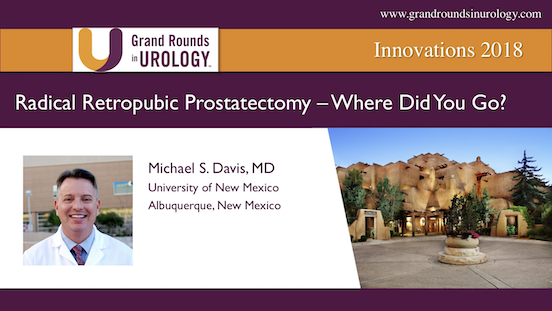Will Xenografts Take the Tragedy Out of Transplant
Michael S. Davis, MD, MBA, MHA, FACS, examines the potential of renal xenografts to alleviate the organ shortage crisis in transplantation, focusing on developments in pig-to-human kidney transplants.
In this 27-minute presentation, Dr. Davis reviews the history of transplantation, tracing advancements from early animal experiments to the refinement of immunosuppressive therapies and gene editing techniques. He highlights the tragic aspects of current transplantation, noting the limited availability of donor organs. Davis presents recent studies, including preclinical trials at the University of Alabama and NYU, that demonstrated the feasibility of pig kidney transplants in brain-dead human decedents.
With an increasing number of patients awaiting kidney transplants—projected to surpass one million by 2030—the need for innovative solutions like xenotransplantation is urgent. While pig kidneys are favored, barriers such as xeno-antigenic rejection, protein incompatibility, and potential infectious disease transmission remain significant challenges.
Read More



